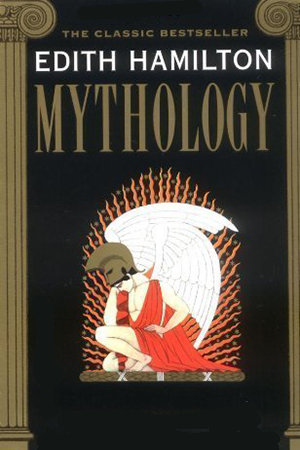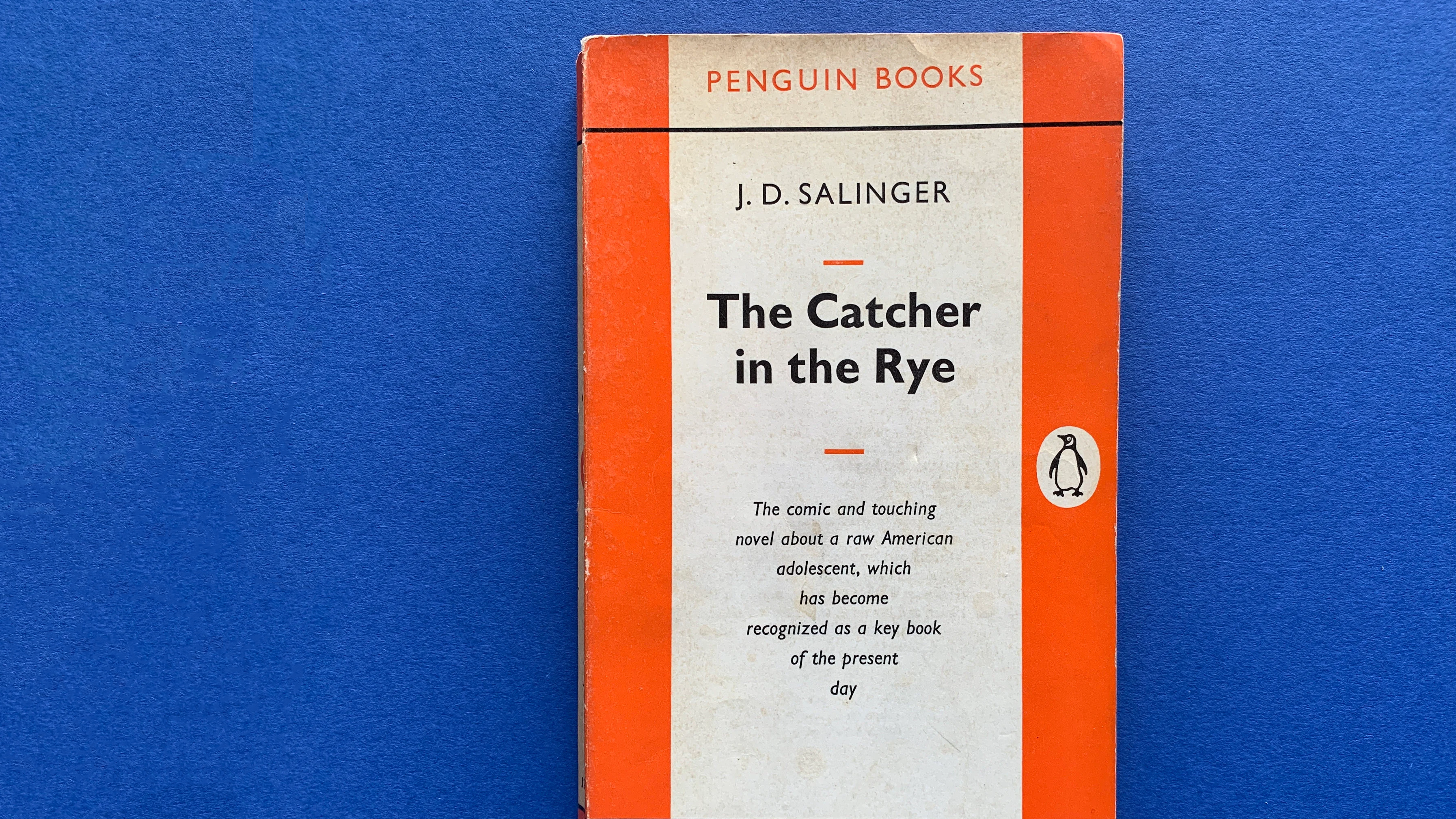
Library
Literature
Amaranth Borsuk
The Book
What is the book in a digital age? Is it a physical object containing pages encased in covers? Is it a portable device that gives us access to entire libraries? The codex, the book as bound paper sheets, emerged around 150 CE. It was preceded by clay tablets and papyrus scrolls. Are those books? In this volume in the MIT Press Essential Knowledge series, Amaranth Borsuk considers the history of the book, the future of the book, and the idea of the book. Tracing the interrelationship of form and content in the book's development, she bridges book history, book arts, and electronic literature to expand our definition of an object we thought we knew intimately. Contrary to the many reports of its death (which has been blamed at various times on newspapers, television, and e-readers), the book is alive. Despite nostalgic paeans to the codex and its printed pages, Borsuk reminds us, the term “book” commonly refers to both medium and content. And the medium has proved to be malleable. Rather than pinning our notion of the book to a single form, Borsuk argues, we should remember its long history of transformation. Considering the book as object, content, idea, and interface, she shows that the physical form of the book has always been the site of experimentation and play. Rather than creating a false dichotomy between print and digital media, we should appreciate their continuities.
Joseph Campbell
The Power of Myth
The Power of Myth launched an extraordinary resurgence of interest in Joseph Campbell and his work. A preeminent scholar, writer, and teacher, he has had a profound influence on millions of people--including Star Wars creator George Lucas. To Campbell, mythology was the “song of the universe, the music of the spheres.” With Bill Moyers, one of America’s most prominent journalists, as his thoughtful and engaging interviewer, The Power of Myth touches on subjects from modern marriage to virgin births, from Jesus to John Lennon, offering a brilliant combination of intelligence and wit. This extraordinary book reveals how the themes and symbols of ancient narratives continue to bring meaning to birth, death, love, and war. From stories of the gods and goddesses of ancient Greece and Rome to traditions of Buddhism, Hinduism and Christianity, a broad array of themes are considered that together identify the universality of human experience across time and culture. An impeccable match of interviewer and subject, a timeless distillation of Campbell’s work, The Power of Myth continues to exert a profound influence on our culture.
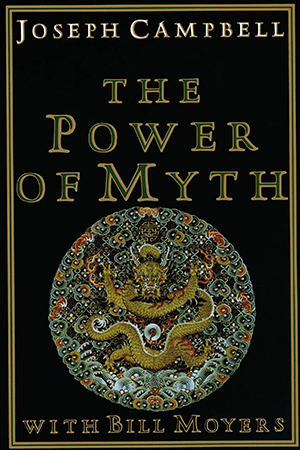
Shirley Raye Redmond
Norse Mythology
Author Shirley Raye Redmond allows your readers an enriching look at the mythology of the Norse culture. She explains how the beliefs, values, and experiences of this culture are represented in its treasured stories. Tales covered include creation stories, and myths of the gods, frost giants, and heroes. This volume has a map of Scandinavia, a genealogy grid with some of the major gods and prominent characters such as Loki and his offspring, a table of key characters with name pronunciations and brief descriptions, a glossary, sidebars, fact boxes, a bibliography of sources for further study, and a subject index.
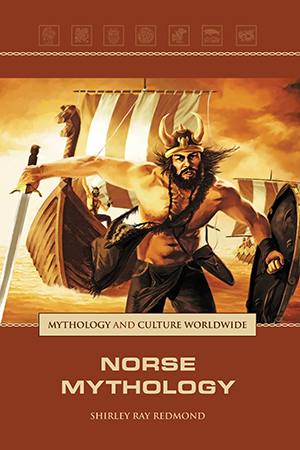
Joseph Campbell
The Hero with a Thousand Faces
Examines myths and folk tales from around the world in an attempt to understand the symbolism of the hero as it appears in the mythologies and religions of mankind.
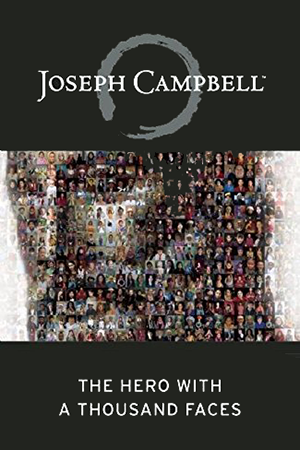
Christopher Booker
The Seven Basic Plots
This remarkable and monumental book at last provides a comprehensive answer to the age-old riddle of whether there are only a small number of basic stories in the world. Using a wealth of examples, from ancient myths and folk tales via the plays and novels of great literature to the popular movies and TV soap operas of today, it shows that there are seven archetypal themes which recur throughout every kind of storytelling. But this is only the prelude to an investigation into how and why we are programmed to imagine stories in these ways, and how they relate to the inmost patterns of human psychology. Drawing on a vast array of examples, from Proust to detective stories, from the Marquis de Sade to E.T., Christopher Booker then leads us through the extraordinary changes in the nature of storytelling over the past 200 years, and why so many stories have lost the plot by losing touch with their underlying archetypal purpose. Booker analyses why evolution has given us the need to tell stories and illustrates how storytelling has provided a uniquely revealing mirror to mankind's psychological development over the past 5000 years. This seminal book opens up in an entirely new way our understanding of the real purpose storytelling plays in our lives, and will be a talking point for years to come.
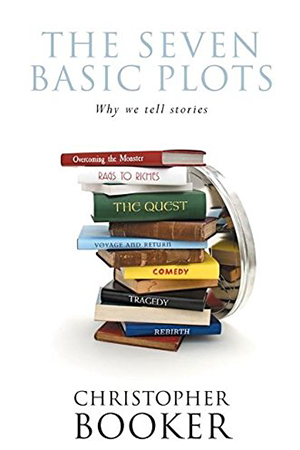
Edith Hamilton
Mythology
In celebration of of the 75th anniversary of this classic bestseller, this stunningly illustrated, beautifully packaged, larger-format hardcover edition will be beloved by fans of Greek, Roman, and Norse mythology of all ages. Since its original publication by Little, Brown and Company in 1942, Edith Hamilton's Mythology has sold millions of copies throughout the word and established itself as a perennial bestseller in its various available formats: hardcover, trade paperback, mass market paperback, and e-book. For 75 years readers have chosen this book above all others to discover the thrilling, enchanting, and fascinating world of Western mythology-from Odysseus's adventure-filled journey to the Norse god Odin's effort to postpone the final day of doom. This exciting new deluxe, large-format hardcover edition, published in celebration of the book's 75th anniversary, will be beautifully packages and fully-illustrated throughout with all-new, specially commissioned four-color art, making it a true collector's item.
